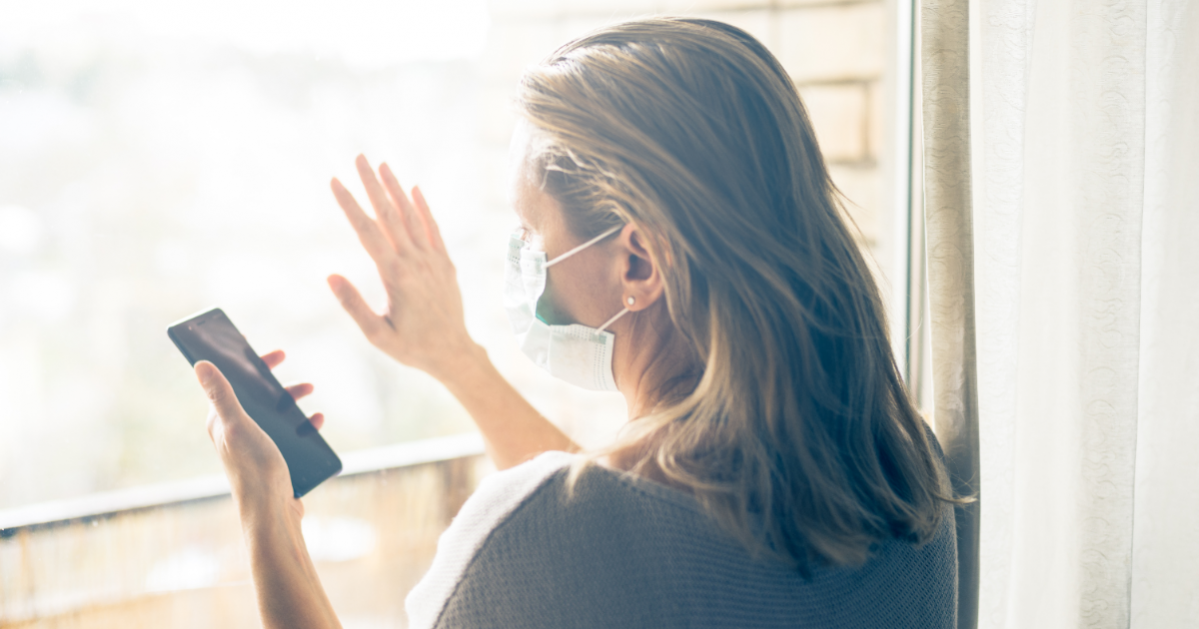


Last month, we were all introduced to a new concept…“social distancing.” Urged, and even required in places, to maintain physical distance and reduce close contact with other people, our collective goal has been to slow the spread of COVID-19 and keep it from overwhelming our health care system.
There’s a very real problem with this strategy, however. While social distancing may be the best way to fight the coronavirus, it may very well exacerbate an already existing epidemic: loneliness.
As former Surgeon General Vivek Murthy put it, “We live in the most technologically connected age in the history of civilization, yet rates of loneliness have doubled since the 1980s.”
The health impact of this loneliness epidemic is incredible. According to Murthy, “the impact of social isolation and loneliness on longevity equals that of smoking 15 cigarettes a day and exceeds the risks associated with obesity, excessive alcohol consumption and lack of exercise.”
A recent report from the National Academy of Science found that “social isolation has been linked to a 50 percent increased risk of dementia, a 29 percent increased risk of heart disease and a 32 percent increased risk of stroke.”
To put it plainly, loneliness can be just as lethal, maybe more so, than COVID-19, at least over the long run.
A group that should be at the front of our concerns when it comes to loneliness and its impact are the elderly. According to one study, “some 18 percent of adults age 65 and older in the U.S. live alone, and 43 percent report feeling lonely on a regular basis.”
Still, the loneliness epidemic isn’t limited to older Americans. A 2019 YouGov survey found that “27 percent of millennials have no close friends, 25 percent have no ‘acquaintances’ and 22 percent . . . have no buddies at all.”
In fact, Generation Z may be the loneliest generation on record. According to a 2018 Cigna survey, those born in 1995 or later report greater feelings of loneliness and worse health than any other generation. If social media could make up for the lack of actual human contact, as we were promised, the generation most at ease with social media isn’t showing it. Apparently, “digital natives” are lonelier than the Baby Boomers they love to turn into memes.
And again, all of this was true before social distancing went into effect. So, during the next few months, the face-to-face activities that build relationships and keep loneliness at bay will be difficult; in some cases impossible.
Topics
Christian Living
Christian Worldview
Culture
Health & Science
Human Dignity
Relationships
Religion & Society
Trends
Worldview
Resources:
How the Church Can Respond to Culture’s Brokenness
A Short Course with Ed Stetzer, Kathy Koch, Ricky Chelette, Ben Mitchell, and David Galvan
Loving Our Neighbors During the Coronavirus
John Stonestreet & David Carlson | BreakPoint | March 30, 2020
Have a Follow-up Question?
Up
Next

Related Content

© Copyright 2020, All Rights Reserved.













